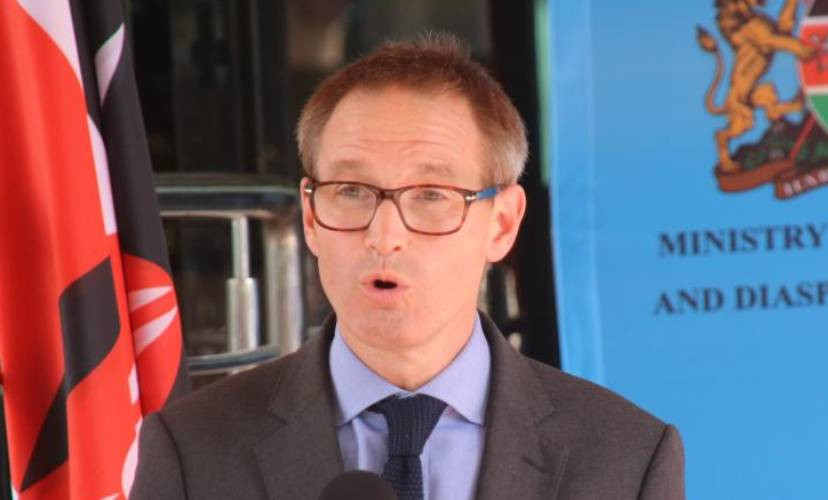×
The Standard e-Paper
Fearless, Trusted News

British High Commissioner to Kenya, Neil Wigan, has defended his country's refusal to apologise for the atrocities committed during the colonial era in Kenya, especially against the Mau Mau rebels.
Speaking on Spice FM on Tuesday, October 24, the UK High Commissioner said that Britain had expressed deep regret for what happened in the emergency period and had made an out-of-court settlement to some of the victims.